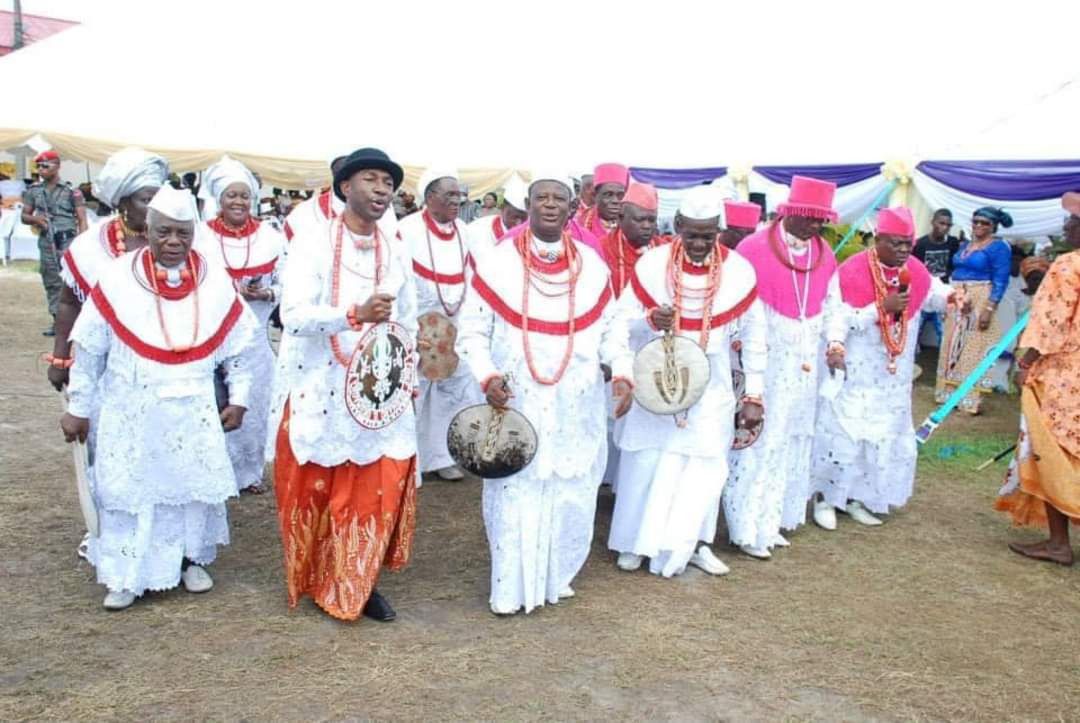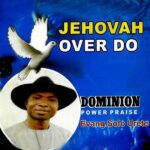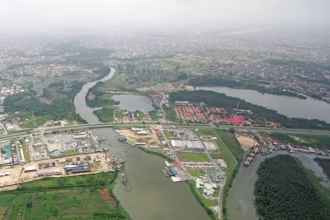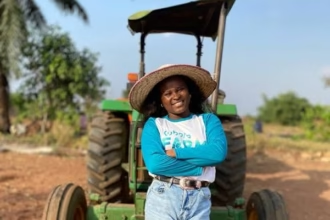Both Isoko and Urhobo belong to the Southwestern Edoid branch of the Niger-Congo language family. That means they share a family tree but follow different branches.
Urhobo itself includes many dialects, like Okpe and Uvwie. Isoko, though historically considered a dialect of Urhobo by some, has evolved into its own language with its own identity and dialects.
Isoko: Once a Dialect, Now Independent
- Isoko has branched off as a distinct language, not just a Urhobo dialect. It boasts around 750,000 speakers today, mostly in Delta State and parts of Bayelsa.
- It contains roughly 20 to 21 sub-dialects (like Aviara, Uzere), with one standard form used for literacy and education.
Everyday Differences You’ll Notice
1. Greetings
- Urhobo speakers often say “Migwo”
- Isoko speakers say “Degwo” (or sometimes “Digwor”)
2. Repetition for Emphasis
Isoko sometimes uses repetition like “Yanzobone, Obone” (“Come here, here”), “Mebisowe, ese” (“I’m calling you, call), this is often used to emphasize the urgency or seriousness of what’s been said. And you don’t typically hear that in Urhobo. 👉 Learn basic isoko language here
3. Everyday Vocabulary
Names for objects and common items can differ — like how Corn which is “okah” or “okra” might be similar across the two but with distinct terms or pronunciations.
4. Names and Cultural Markers
Both languages share naming traditions. For instance, “Okoro” is a name used in both cultures, though Isoko and Urhobo pronounce it similarly (with a long first “O” and a pause), and they use names like “Umukoro” in similar ways.
Summary Table between Isoko and Urhrobo language
| Feature | Urhobo Language | Isoko Language |
|---|---|---|
| Classification | Southwestern Edoid (many dialects) | Southwestern Edoid (distinct language) |
| Dialect Status | Umbrella for many dialects | Evolved into its own language |
| Speaker Count | Several million | Around 750,000 |
| Greetings | “Migwo” | “Degwo” / “Digwor” |
| Repetition Usage | Not common | Used for emphasis (e.g., “Yanzobone…”) |
| Vocabulary | Some differences exist | Distinct names for common items |
| Naming Traditions | Shares names like “Okoro” | Same names, similar cultural use |
Why does this really matter?
Even though Isoko and Urhobo are cousins linguistically, the two communities emphasize their distinct identities. That’s why terms like “Sobo” (once used to lump them together) were rejected by both.
The bottom line: Isoko isn’t just a dialect of Urhobo — it’s its own vibrant language, complete with unique dialects, customs, and a strong cultural identity.
Hope that clears things up. Let us know in the comments section if you think otherwise or have any additions and corrections to make. Thank you 😊










